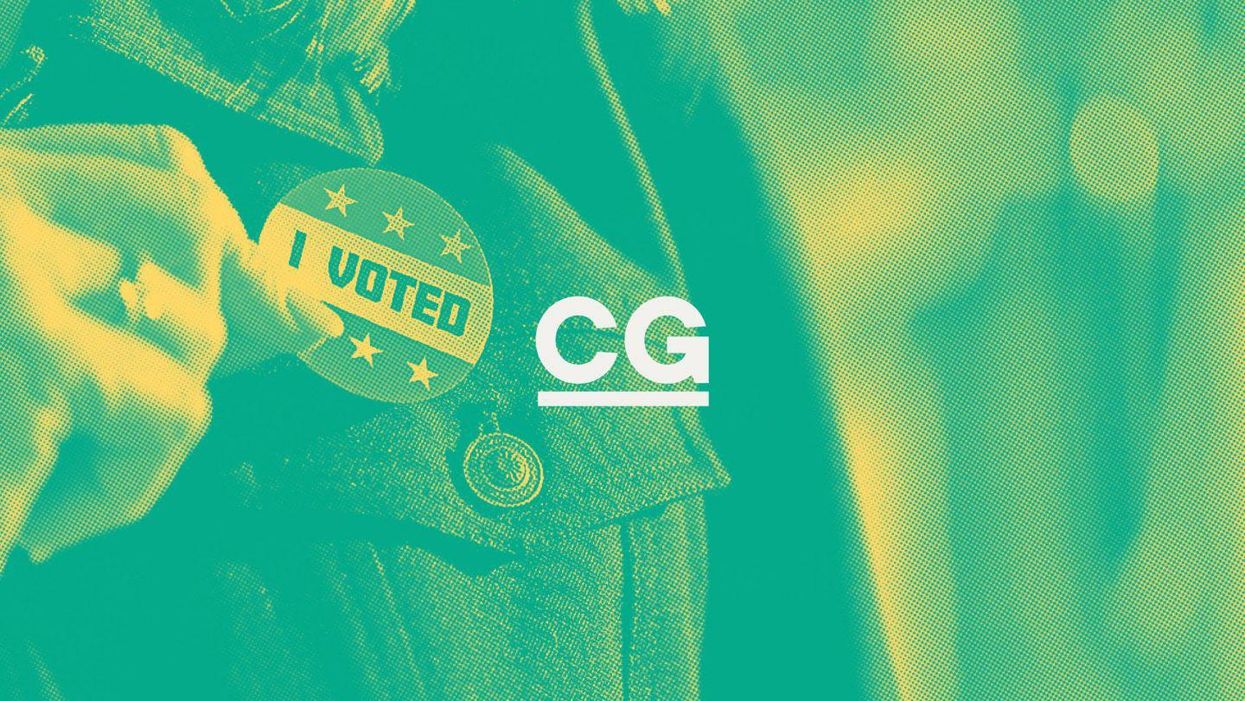David Bornstein is co-founder and CEO of the Solutions Journalism Network. He’s a journalist and author who focuses on social innovation, and his books include How to Change the World: Social Entrepreneurs and the Power of New Ideas, The Price of a Dream: The Story of the Grameen Bank, and Social Entrepreneurship: What Everyone Needs to Know. Listen to his thought-provoking conversation on "Civic Genius" on how journalism can spread good ideas and why more public funding for local news could strengthen our information ecosystem.
Podcast: David Bornstein on solutions journalism




















